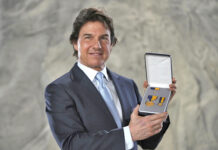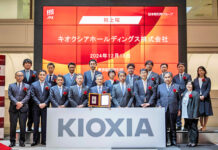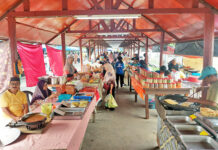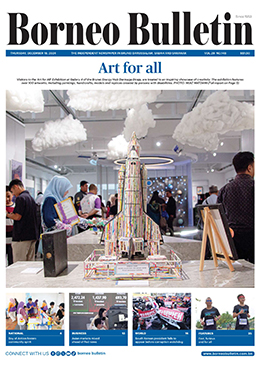TOKYO (CNA) – Premium telescopes, violin bows and speciality paper are bucking a deflationary trend that has defined Japan for decades – all have had their prices hiked by companies confident they can charge more without losing business.
Years of stagnant prices and wages have made Japan nervous about charging more for fear of alienating shoppers and losing market share.
Traditionally, firms have chosen belt-tightening in the face of rising costs.
While the overall rise in prices is still modest, more firms are opting for increases, led by market leaders often with speciality products, as commodities and transport costs soar due to the COVID-19 pandemic and a weakening yen makes fuel and imports costly.
Vixen, which commands nearly 60 per cent of the local market for astronomy telescopes, plans to increase prices of its best selling lower-end models by as much as 24 per cent from next month, from JPY74,800 to JPY169,840.
“If costs go up and we don’t increase the prices, it will have a big impact on us, so we had to start there,” spokesperson Yasuhisa Tsuzuki said, adding Vixen had also been impacted by rising wages in China where it manufactures.
So far, there has not been a consumer backlash, he said.
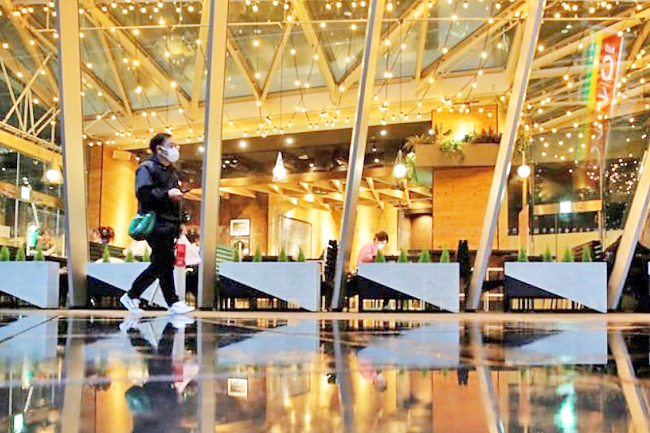
“Few people care when the price of an astronomy telescope goes up,” Tsuzuki said. “But a hike in the cost of milk or eggs will be reported as big story on every single news show.”
Tokyo-based Shirakawa Sogyo, which has been importing and selling violins since the 60s, this month raised prices of some Swiss-made bows by as much as 36 per cent, to up to JPY539,000.
A strengthening Swiss franc against the yen has added to the squeeze on already tight profit margins, company President Susumu Shirakawa said.
Now may be an “easier time” to raise prices because costs are generally going up for everyone, he said.
“Some of our competitors are doing it as well.”
Goods sold to other businesses are seeing bigger price increases than those sold directly to consumers, according to official data.
Wholesale inflation, which reflects the prices firms charge each other for goods, rose to a record nine per cent in November, while the core consumer price index ticked up 0.5 per cent from a year earlier, the highest in nearly two years.
Final goods prices rose just 4.6 per cent in November, even as raw material costs spiked
74.6 per cent.
Retailers, for instance, generally allow food suppliers to hike prices only when the cost of raw materials jumps 20 to 30 per cent, said Executive Director Takao Sekine at Food Marketing Research and Information Center, a Tokyo-based industry think tank.
Less than that and food companies are forced to resort to “shrinkflation”, Sekine said, where they offset costs by making products smaller.















